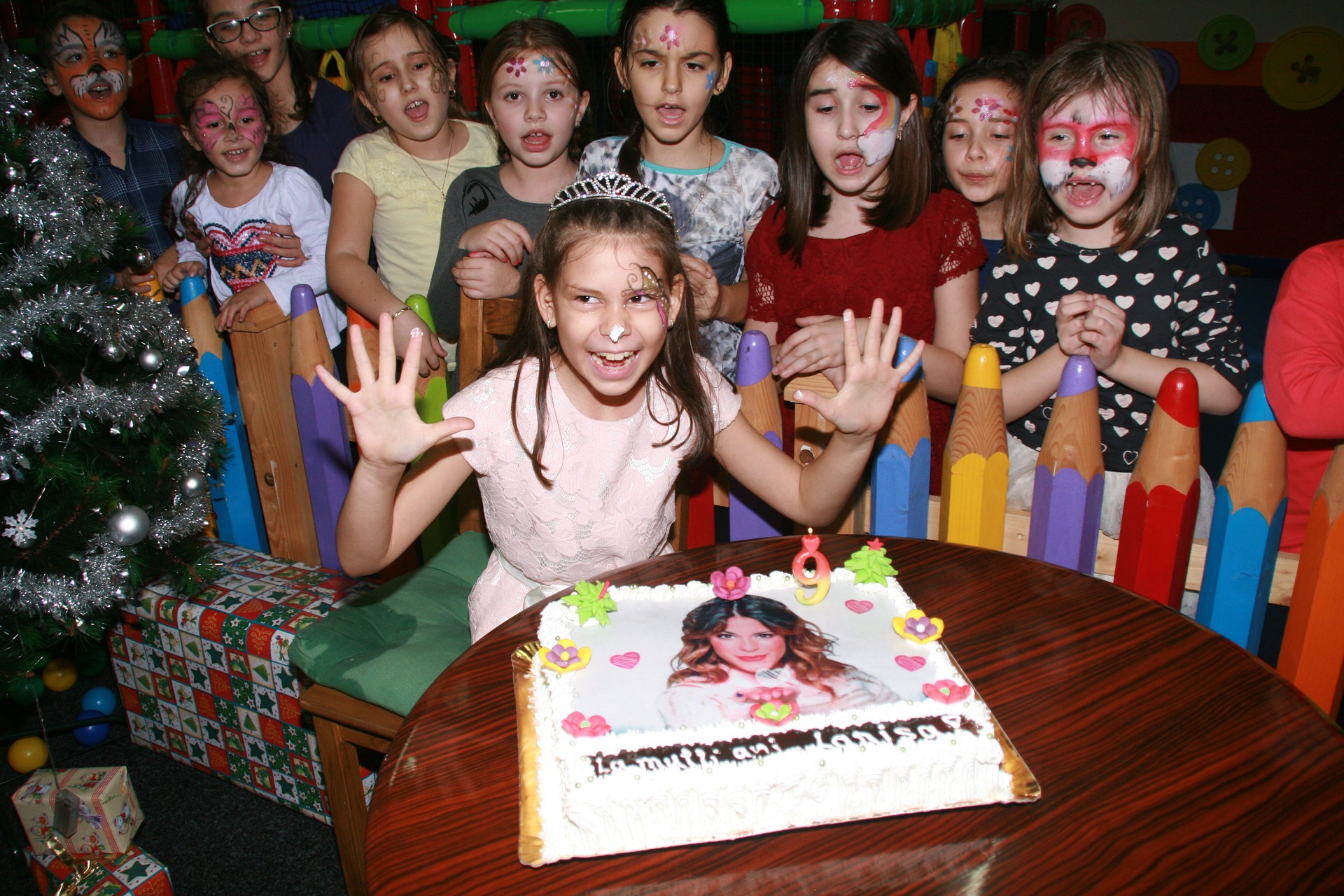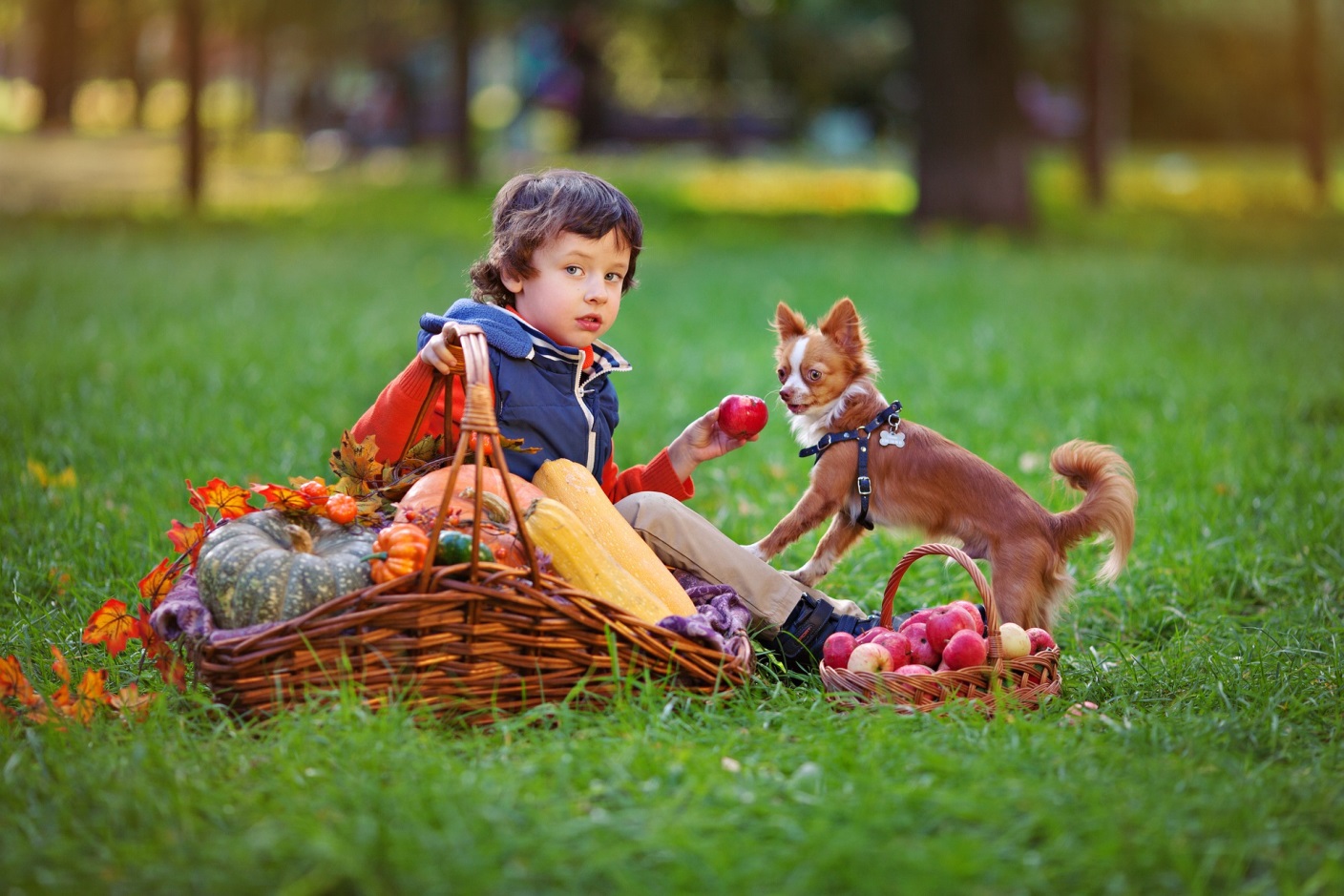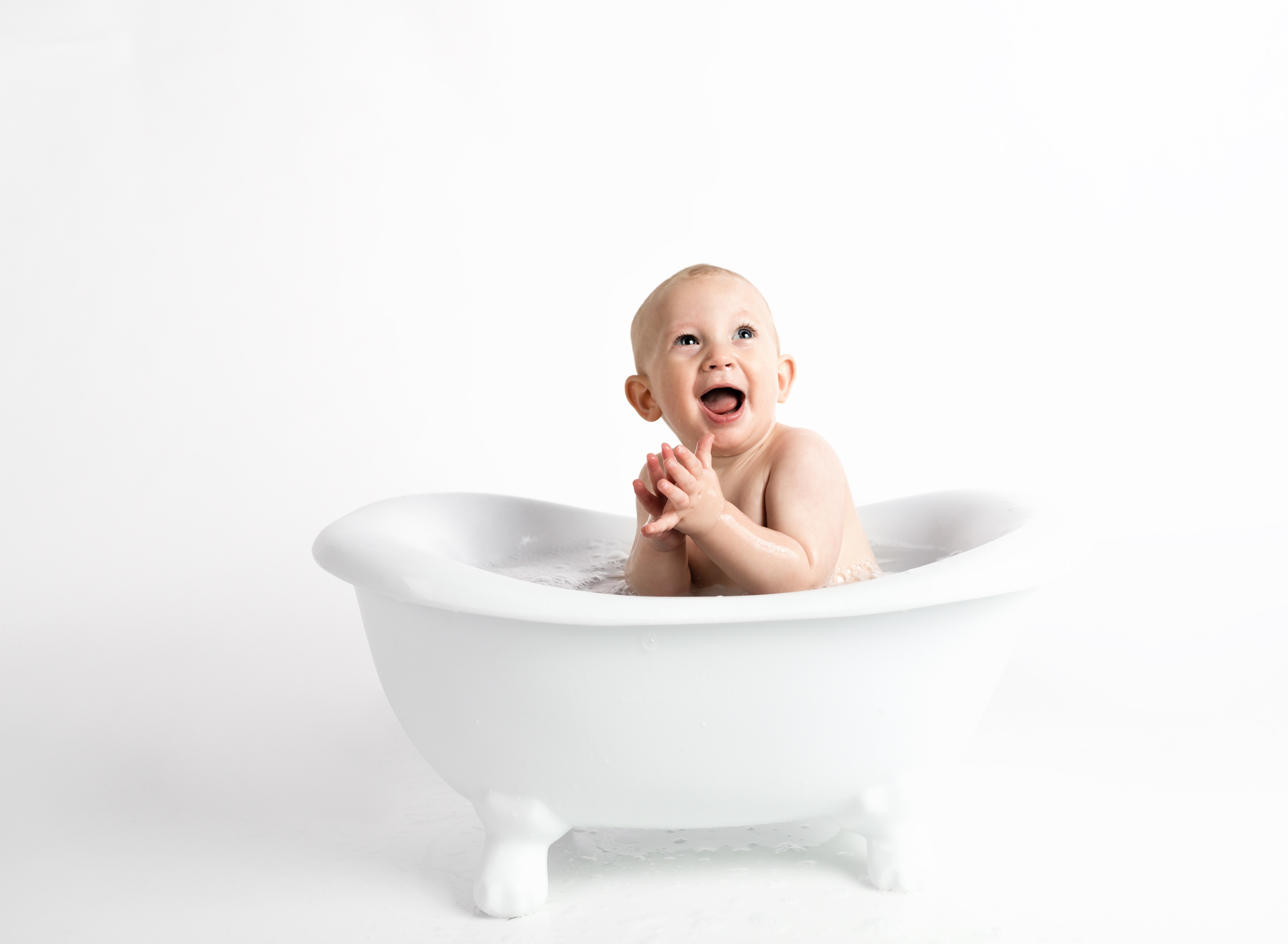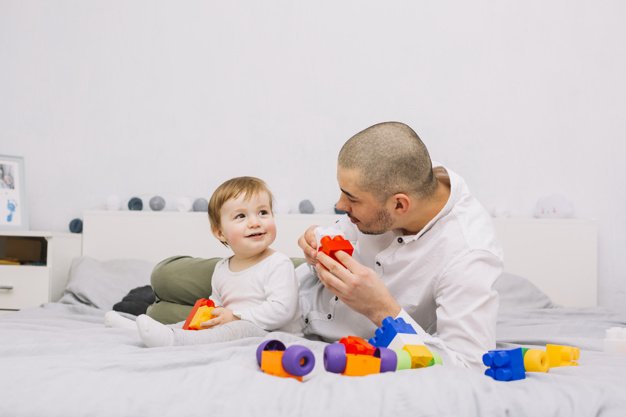Some of my best memories from my childhood are the ones from my birthday parties. Birthday party ideas have a unique charm to attract youngsters, as well as grownups, and something that always brings a smile to everyone’s face.
Coming up with birthday party ideas is one hell of a job though! They’re not easy to plan, and you have to be creative enough to keep the kids engaging and enjoying. Here are a few ideas that are still a success at any party, especially if you have kids coming over!
6 Birthday Party Ideas – How to make it Pop!
1. Decorating Your Own Cup Cake:
This has always been a fun, a bit messy, but a very engaging contest. The kids love it as they are able to choose the colors and flavors of icing and their favorite candy to decorate their cupcakes. There are edible flowers, birds, trees, and tiny animals as well that can be added! I would recommend this activity to be done after eating something healthy.
2. Having a Piñata:
Piñatas have been a part of almost all birthdays back in our days, but I’ve not found them much common in parties these days. Piñatas can be of any shape and size of your choice. You can ask the kids to fill it up, or you can buy them from any nearby store, and then take turns to burst it. The breaking of piñata leads to a shower of candies, more than enough for everyone! Also, this should be done at the end, and have enough candy bags for everyone, so the kids can collect their candy and store in the candy bag and take it home with them.
3. Scavenger Hunt:
Another activity that brings back so many memories! Scavenger hunts are easy to create, and they can be tailored to any theme and any age! They add the element of competition and excitement.
4. Decorating with Neon Letters:
Neon letters or glow in the dark party ideas is something that isn’t very old. It is one of the newer versions of parties. These Neon themed parties are something that the teens have been raving about and I’ll be honest, it does look pretty awesome! You can cut alphabets or designs from neon-colored paper and paste it on a black back-drop to give a unique look to the event! You can also use neon lights and neon drinks to add to the theme. You can try Neon Signs Depot for the best neon decor items.
5. Sleep Overs:
This is one of the cheap but fun ways of having fun! Depending on the crowd, you can rent a movie of the majority’s choice, make popcorn, have cookies and milk, paint toenails, play board games, tell scary stories and what not!
6. Trick Candles:
This one always gets everyone! Place a few trick candles on the cake along with a few real ones. The birthday boy/girl will have a tough time blowing them out, and the rest of the crowd will have a good laugh!
Don’t get stressed about the planning birthday party ideas! These are only six ideas that have always made me very happy and that have helped engage the crowd the most. There are a ton of other ideas like musical chairs, and themed parties to make your party a memorable one. You can always brainstorm and make changes as you wish! Feel free to add that whatever you want, as long as you can manage it. If something does not go as planned, don’t freak out, roll with the punches. You should always remember that apart from planning the event, you should also enjoy the game equally! Your efforts will pay off, and people will have fun, and so should you!
Read Also :






















